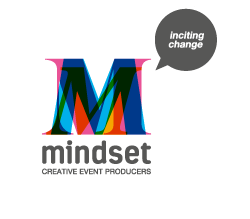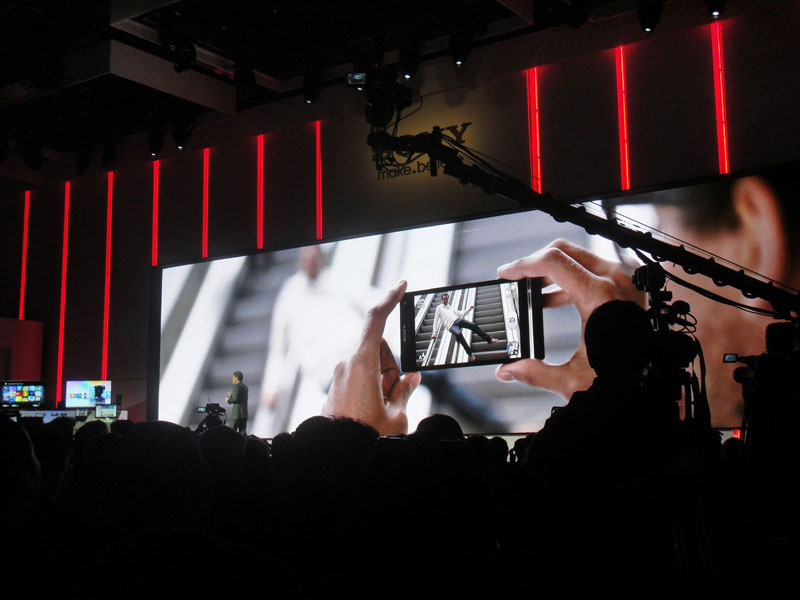Learning how to brief a creative agency well is one of the most important parts of the creative process for a client engaging a live events company. The brief determines how great a pitch the agency can make for your project, and ultimately how well they understand you and your company. Events always start off as a collection of ideas in the heads of the event team, so the brief could be the deciding factor in whether your event comes together perfectly, or whether it ends up half-baked.
One of our biggest challenges as a creative agency is helping clients brief us in the right way, so we decided to do something about it. We’ve mustered our resources to pull together a great video mini-series on exactly that: How to write a live events brief.
We always want to do the best work we can, and getting a good brief is that first step. You can watch the first four videos below, and there’s a link at the bottom to go on and view the second half of the series.
Make sure to visit us on Twitter, Instagram and LinkedIn, and tell us what you think…
What’s in the Series?
This series will give you all the information you need to write the perfect brief for a live events agency, enabling them to have the best chance possible to create a superior live event for your company. The next 7 videos will help answer the following questions:
- Should I brief face-to-face?
- What goes into the pre-briefing document?
- What does the agency need to know about my company?
- How detailed should the event agenda be at this stage?
- Should I share the budget in the brief?
- How many agencies should I brief?
- How much time should I give the agency to pitch?
Always brief face-to-face
One of the earliest and most important pieces of advice – get a face to face with the agency as early as possible. Doing this can help avoid one of the most common briefing pitfalls – miscommunication.
Your vision for your event or video will be unique, specific and personal. The best way to communicate that is face to face, where you can explain your project with every communicative tool at your disposal.
It also helps to build trust between you and the agency, and sets the right tone for the future relationship.
What goes into the pre-briefing document?
Writing a great brief is more than throwing together a couple of pages of A4 – you’ll need more than that. The structure of your document will depend on the purpose and nature of the project, but it should usually include some similar sections, starting with a clear and goal-setting introduction.
This should be a few paragraphs on the purpose of your event. You should have no more than 5 SMART objectives (specific, measurable, attainable, realistic and time specific).
NB – An example of a great smart goal might be:
– To use the event to increase staff engagement with the company, leading to an overall uplift in sales of 3% company-wide by October of this year.
This is a very specific and measurable goal, and you’ll be able to use it to gauge the success of your event more easily.
Background
Once we’ve defined your company’s goals, we need to understand what you’re doing outwith the event to help achieve those goals. What marketing or communications campaigns are you currently running?
This stage is vital in ensuring the event blends seamlessly into your other activity and active marketing messaging. Have you just launched a new product? Let’s make sure the benefits driven messaging around it matches with how we present you.
It’s perhaps even more important to also share as much about your brand personality as possible. Any supporting brand development documentation can be incredibly useful. It makes sure that every creative decision we make is taken through your company’s brand lens.
Once we’ve answered some of the big questions, it’s important to nail specifics as early as possible:
- What type of venue would your audience be most comfortable in?
- How should we include food in the experience?
- Do delegates need rooms, and can they travel?
- Should there be facilities for downtime?
When in doubt, assume we don’t know the answers to any of these fundamental questions!

